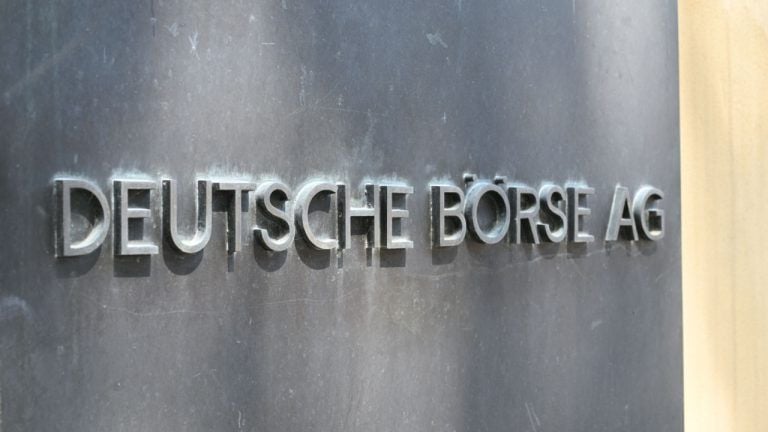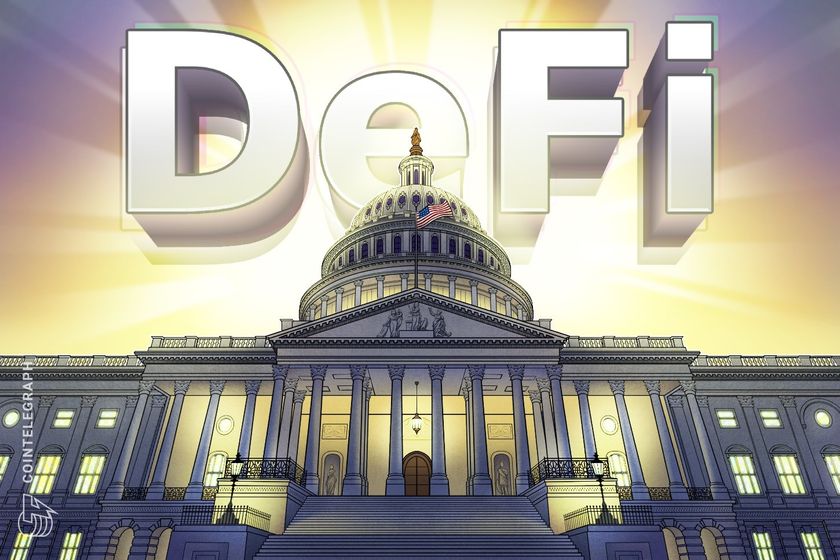
The complicated relationship of ethics in Web3: PBW 2023

A group of Web3 professionals took the stage at Paris Blockchain Week 2023 to discuss how current innovations will shape the future of ethics in Web3.
Web3’s pervasiveness into mainstream industries has begun to raise questions about the ethics needed to operate in the space. During the second day of Paris Blockchain Week (PBW) 2023, a group of professionals from the ecosystem took the Venus de Milo stage to discuss the “Ethics of Web3.”
The panel kicked off with moderator Moojan Ashghari, co-founder of Thousand Faces Web3 investment club, saying that the ethical framework or standard of technology will always lag behind the introduction of the technology.
“This is the biggest challenge of ethics — what are the right questions to ask ourselves today in order to make sure that the technology doesn’t harm us in the near or far future.”
The panelists unanimously agreed that innovation typically comes before any ethical standard is implemented. Margaux Frisque, a co-founder of and legal adviser to the Women in Web3 Association, pointed to the upcoming Markets in Crypto-Assets (MiCA) framework in the European Union.

She spoke to MiCA being “inspired by feedback from [past] operations” and will soon oblige businesses to segregate the funds of their clients from other bank accounts.
“That’s an example of good behavior that has been turned into hard law, soon to be implemented in the entire EU. It’s a good example of turning ethics into our law to protect people and innovation.”
PBW hosted an entire panel on the upcoming MiCA regulations, during which industry experts and regulators discussed the implications of European lawmakers’ proposals. Thus far, the proposal has faced several delays but is set for a final vote in April 2023.
Related: ‘Get comfortable with discomfort’ for Web3 success: PBW 2023
Loic Brotons, CEO of Galeon, echoed this sentiment of behavior influencing ethics, saying, “mixing innovation and ethics is a bit complicated.”
“Usually, innovation comes first and sometimes we have really bad things happen. After comes the ethics because we look at what the innovation has done.”
He pointed to the FTX scandal, which he said was an example of precisely the opposite of Satoshi Nakamoto’s philosophy of “don’t trust, verify.”
“That was the problem with FTX,” he said. “Nobody was able to verify.”
He added exchanges are shelling out proof-of-reserves by the dozens so people can follow the money and verify their trust. “It’s changing,” he concluded.
Magazine: 4 out of 10 NFT sales are fake: Learn to spot the signs of wash trading
Go to Source
Author: Savannah Fortis









